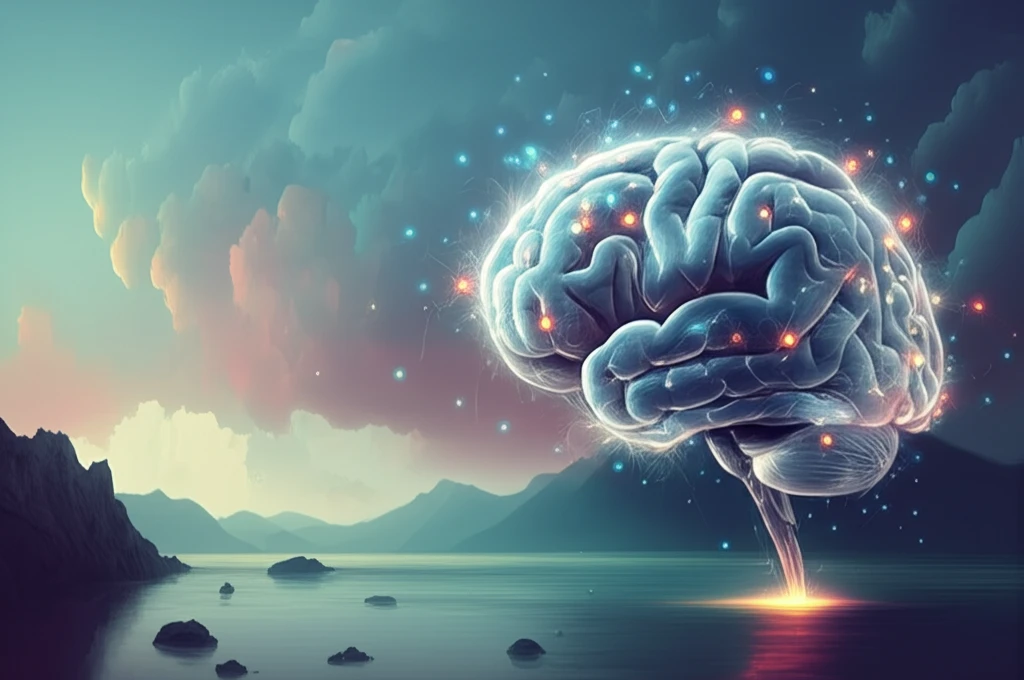
Unlocking Recovery: How Understanding Brain Injury Can Transform Lives
"New Insights into Traumatic Brain Injury (TBI) and Stroke Rehabilitation for Enhanced Wellness"
Traumatic brain injuries (TBI) and strokes present significant challenges to those affected, often requiring extensive rehabilitation to regain lost function and improve quality of life. Recent research is shedding light on innovative approaches to address these conditions, offering hope for more effective treatments and improved outcomes.
Understanding the complexities of neurological conditions like TBI and stroke is crucial for developing targeted interventions. This article delves into the latest studies, examining how specific treatments and rehabilitation strategies can lead to meaningful improvements in patients' lives. From addressing post-concussive symptoms to enhancing stroke recovery, we explore the cutting-edge research that is shaping the future of neurological rehabilitation.
Whether you're a healthcare professional, a caregiver, or someone personally affected by TBI or stroke, this information aims to provide valuable insights and practical knowledge. By staying informed about the latest advancements, we can work together to unlock new possibilities for recovery and wellness.
Refractory Post-Concussive Symptoms: A Closer Look

Post-concussive syndrome can be a persistent and debilitating condition following a traumatic brain injury. Symptoms such as headaches, tinnitus, and dizziness can significantly impact a person's daily life and overall well-being. A recent case report highlights the challenges of managing these symptoms in a patient with a history of severe TBI.
- Headache and Tinnitus: Persistent head pain and ringing in the ears.
- Dizziness and Imbalance: Episodes of feeling unsteady and disoriented.
- Sensory Sensitivities: Increased sensitivity to light and sound.
- Cognitive Issues: Difficulties with concentration and memory.
Empowering Recovery Through Knowledge
The journey to recovery from traumatic brain injury and stroke can be challenging, but with ongoing research and innovative treatments, there is hope for improved outcomes and enhanced quality of life. By staying informed and embracing new approaches, we can empower individuals to overcome obstacles and achieve their fullest potential. From understanding the complexities of post-concussive symptoms to optimizing rehabilitation strategies, knowledge is a powerful tool in unlocking the path to recovery.
